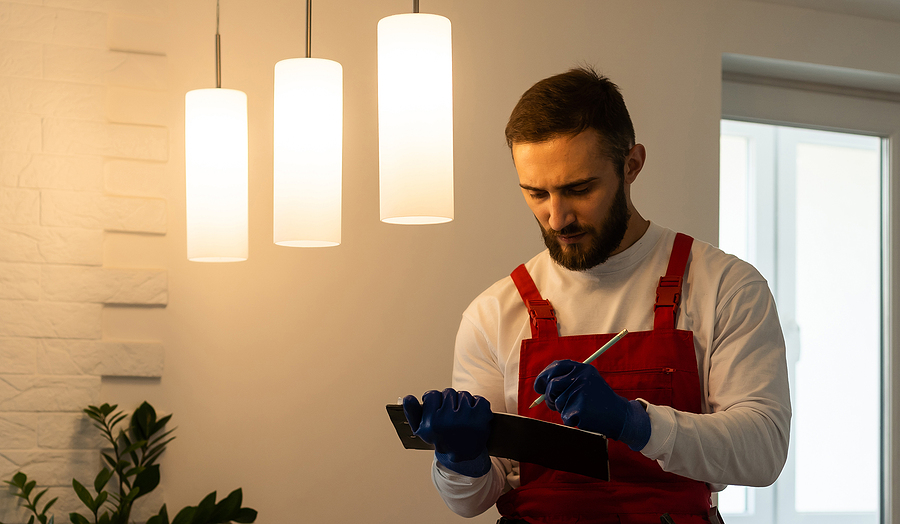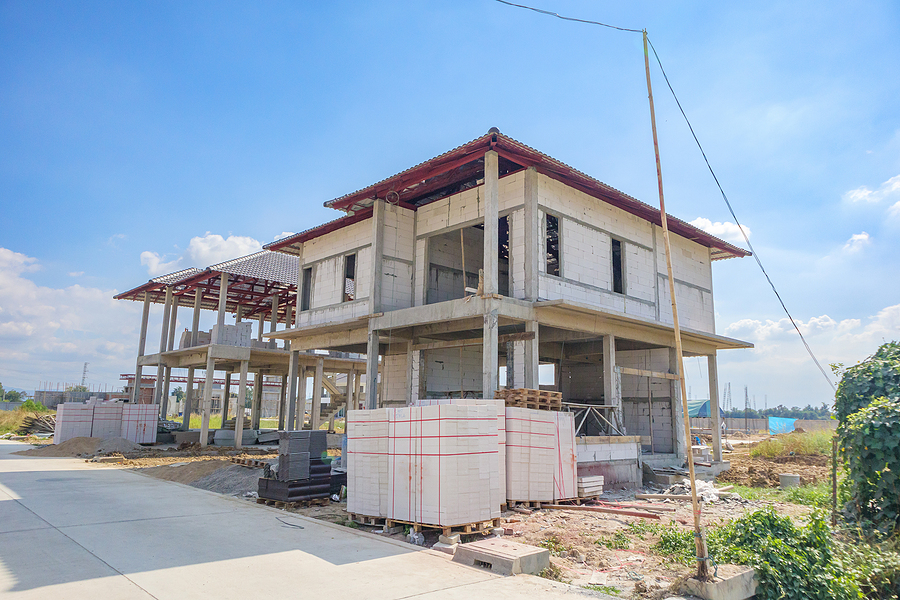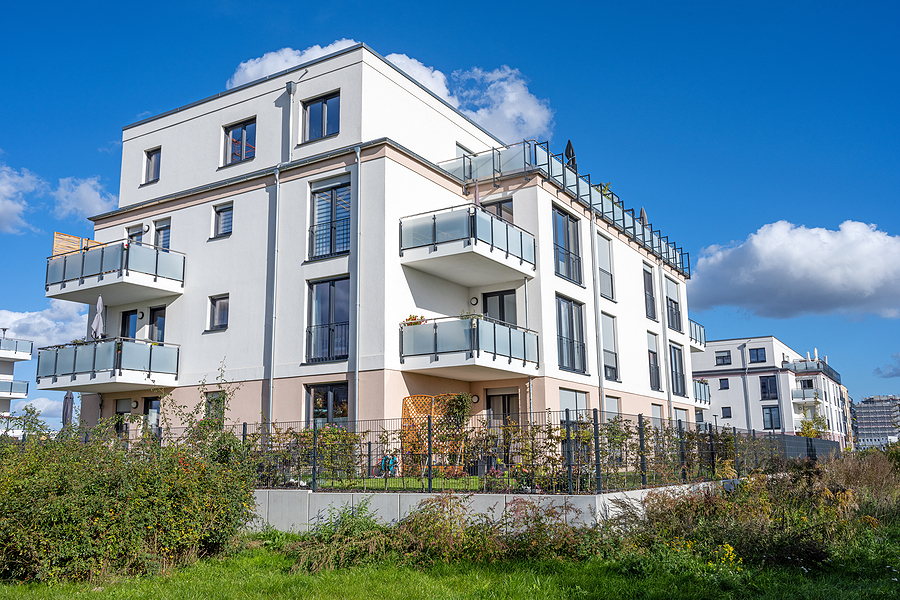February 24, 2023
If you’re in need of financing and traditional banks aren’t an option, you may want to consider a hard money loan. These loans are typically used for real estate investments and are secured by the property itself. They’re often faster to obtain than traditional loans and have more relaxed eligibility requirements, but they come with higher interest rates and fees. In this article, we’ll go over the different types of hard money loans you might encounter.
Fix-and-Flip Loans
Fix-and-flip loans are a popular type of hard money loan for real estate investors. These loans are used to purchase distressed properties that need repairs or renovations, with the intention of quickly reselling the property for a profit. Fix-and-flip loans are typically short-term, with repayment due within six to twelve months. They’re secured by the property being purchased and the lender will typically require a down payment of around 20-30%.
Bridge Loans
Bridge loans are another common type of hard money loan. They’re typically used to bridge the gap between the purchase of a new property and the sale of an existing property. For example, if you want to purchase a new home before your current home sells, a bridge loan can provide the necessary funds. These loans are typically short-term, with repayment due within six to twelve months. They’re secured by the property being purchased and the lender will typically require a down payment of around 20-30%.
Cash-Out Refinance Loans
A cash-out refinance loan is a type of hard money loan that allows you to tap into the equity in your existing property. You take out a new loan that’s larger than your existing mortgage and use the difference to finance your project. These loans are typically used for home renovations or other investment opportunities. They’re secured by the property being refinanced and the lender will typically require a minimum amount of equity in the property. Cash-out refinance loans can have longer repayment terms than other hard money loans, with repayment due within one to five years.
Owner-Occupied Loans
Owner-occupied loans are hard money loans that are used for primary residences. These loans are typically used when traditional bank loans aren’t an option, such as when the borrower has poor credit or a high debt-to-income ratio. Owner-occupied loans are typically short-term, with repayment due within six to twelve months. They’re secured by the property being purchased and the lender will typically require a down payment of around 20-30%.
Construction Loans
Construction loans are used to finance the construction of a new property or the renovation of an existing property. These loans are typically short-term, with repayment due within six to twelve months. They’re secured by the property being constructed or renovated and the lender will typically require a down payment of around 20-30%.
Land Loans
Land loans are used to purchase raw land that will be developed in the future. These loans are typically short-term, with repayment due within six to twelve months. They’re secured by the land being purchased and the lender will typically require a down payment of around 20-30%.
Mezzanine Loans
Mezzanine loans are a type of hard money loan that sits between senior debt and equity in the capital stack. They’re typically used to finance larger real estate projects and have longer repayment terms than other hard money loans, with repayment due within five to ten years. Mezzanine loans are unsecured, meaning they’re not secured by a specific property, but they do come with a higher interest rate.
In conclusion, hard money loans are a viable option for real estate investors who need financing quickly or who don’t qualify for traditional bank loans. However, it’s important to understand the different types of hard money loans available and choose the one that’s best











